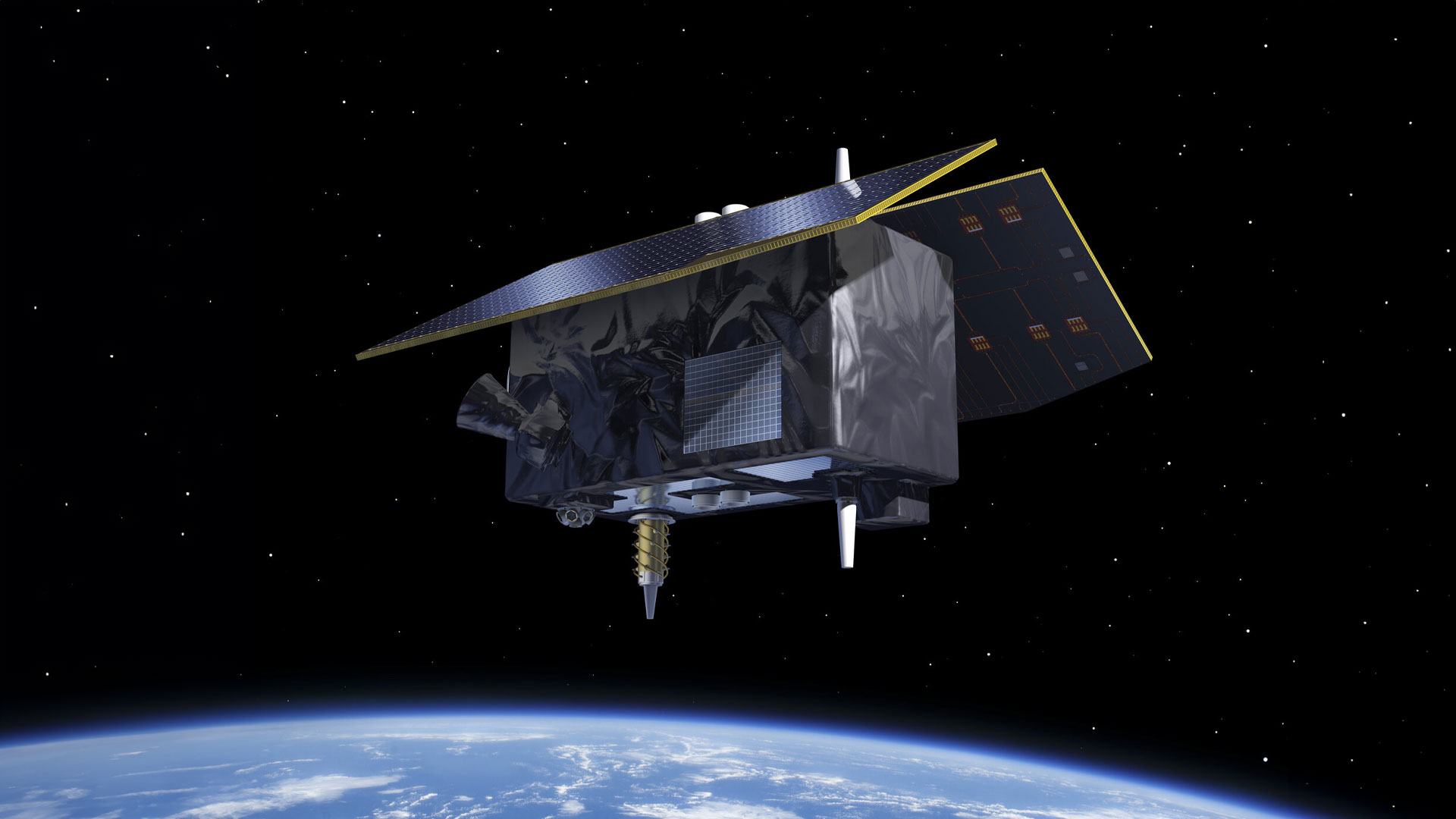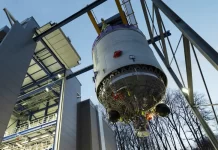
The European Space Agency has awarded three contracts with a combined value of €233.4 million for the development of the first two missions of its FutureNAV programme.
ESA’s FutureNAV programme was approved at its 2022 ministerial level council meeting in Paris. It was conceived as a means to respond to new satellite navigation trends and concepts in an effective and agile manner. The LEO-PNT and Genesis projects are the first two missions to be supported under the FutureNAV programme.
On 18 March, ESA announced that it had awarded three contracts to develop, launch, and operate the Genesis and LEO-PNT missions.
“With Genesis and LEO-PNT we are responding to rapidly growing needs for more resilient and precise navigation and ensuring Europe leads global satellite navigation, the largest downstream space market,” said Javier Benedicto, ESA Director of Navigation.
Genesis was conceived to contribute to a highly improved International Terrestrial Reference Frame (ITRF) of Earth. The ITRF serves as a reference for all space and ground-based observations for navigation and Earth sciences. The satellite will combine satellite laser ranging, Doppler-based ‘DORIS’ radio positioning, Very Long Baseline Interferometry VLBI, and satnav to achieve a millimeter-level ITRF accuracy and a long-term stability of 0.1 mm per year. The Genesis mission is supported by Italy, Belgium, France, Switzerland, Hungary, and the UK.
The €76.6 million contract for Genesis was awarded to an OHB Italia-led consortium that includes 14 separate entities. The consortium will be responsible for developing, manufacturing, qualifying, calibrating, launching, and operating the satellite and its payloads. Genesis is slated to be launched in 2028.
The low Earth orbit positioning, navigation, and timing (LEO-PNT) system will initially include two constellations of five small satellites. The constellations will test the use of novel signals and frequency bands with the aim of enabling more resilient, accurate, and responsive navigation services. Austria, Belgium, Finland, France, Germany, Hungary, Italy, Norway, Poland, Portugal, Romania, Spain, Sweden, Switzerland, and the UK have subscribed to support the initial development of the LEO-PNT system.
A pair of €78.4 million contracts were awarded for the design, development, launch, and demonstration of the LEO-PNT system. GMV Aerospace and Defence will head up the first of the two consortiums, with OHB Systems acting as the space segment prime and core partner. The other contract was awarded to Thales Alenia Space France with Thales Alenia Space SPA acting as the space segment prime. The two consortia include a total of 50 entities from 14 countries.
The first LEO-PNT satellite is expected to be launched within 20 months. The complete demonstration constellation is then expected to be complete before 2027.




